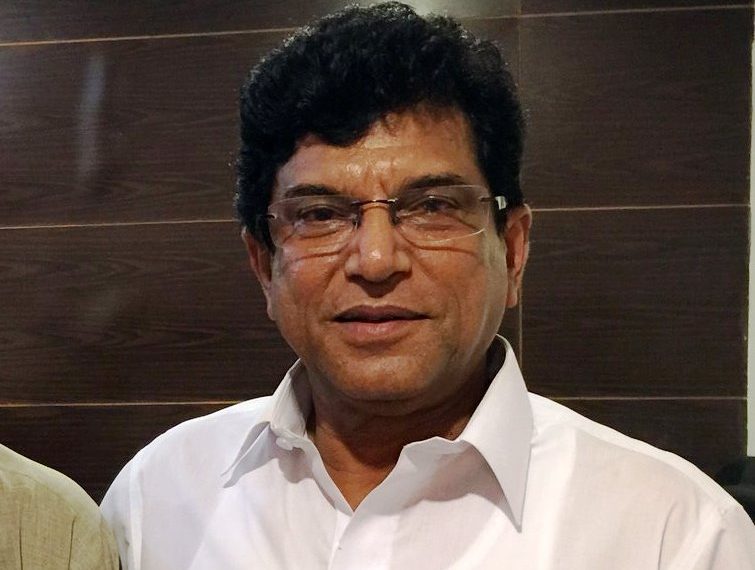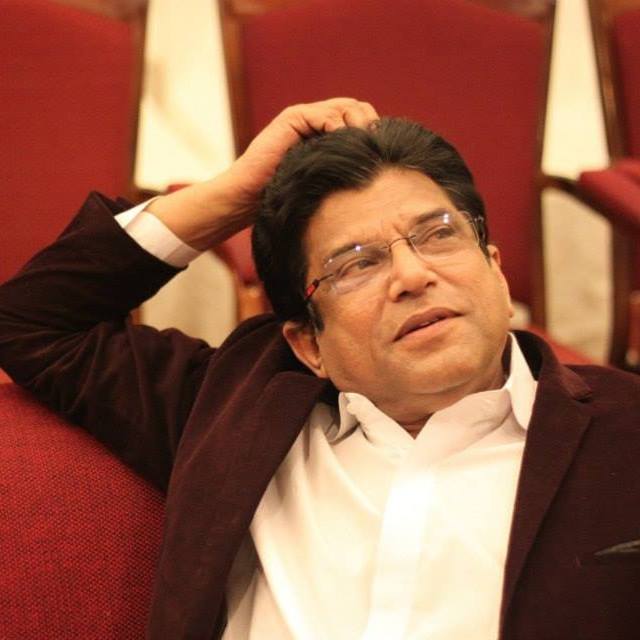In the early hours of March 15, 2019 Brigadier (R) Asad Munir committed suicide. In his suicide note, he mentioned harassment by the National Accountability Bureau (NAB). Thus, extinguished the flicker of light of a fine officer and gentleman. I have known Asad for about ten years when in 2009 he contacted me. A few years ago, I had spent a whole day with him at his apartment in Islamabad where he committed suicide. We periodically interacted and discussed issues of regional security. On my last visit to Pakistan in 2018 I could not meet him due to my hectic schedule.
Asad joined 1st Special Short Course (SSC) of the Pakistan Military Academy (PMA) and commissioned in 1972 in Baluch Regiment. He commanded an infantry Brigade where his division commander was General Pervez Musharraf. The other brigade commander under Musharraf was late Major General Amir Faisal Alvi (Alvi was assassinated in Islamabad in November 2008). Asad served as head of Military Intelligence (MI) of North West Frontier Province now Khyber Pakhtunkhwa (KPK). Asad was close to General Ehsan-ul-Haq then serving as Director General Military Intelligence (DGMI). In the aftermath of September 11, 2001, there was a major shuffle of senior brass. Ehsan was brought in as Director General Inter Service Intelligence (DGISI). Ehsan then brought in Asad as head of ISI detachment of KPK. In this capacity, Asad was instrumental in coordinating with the Americans to catch fleeing al-Qaeda leaders. After retirement, he served as member of Capital Development Authority (CDA) Islamabad and deputy director National Accountability Bureau (NAB). He continued his efforts for reforms in tribal areas. In early 2018, the army chief met with a dozen Pashtun retired officers including Asad for their input about reforms in tribal areas.
Asad served as head of ISI detachment of KPK for only two, but crucial years (2002-03). He was the right person at the right time at an important post. He was one of a handful of Pakistani army officers of mid 1990s who questioned the conventional wisdom of using proxies for national security objectives. In mid 1990s, he wrote a paper about threat of militant groups to Pakistan’s security and stability. This was a direct challenge to the prevalent euphoric view. 2002-04 was the period of close cooperation and reasonable amount of trust between ISI and Central Intelligence Agency (CIA). CIA was focused mainly on al-Qaeda and had no concern about other militant groups. A certain amount of trust developed between operatives of both agencies on the ground. ISI officers were impressed with technological capabilities that CIA brought to the game. Surveillance equipment would pick up telephone signals from the urban jungles of Karachi, Faisalabad and Rawalpindi that netted major al-Qaeda operatives. On the other hand, CIA operatives were impressed by the human intelligence network of ISI and complete disregard of personal safety by ISI officers. A certain amount of respect was mutual. Some members of CIA ground operatives sent to Pakistan in the immediate aftermath of September 11 were fluent in local languages and brave. Pakistani intelligence officials were impressed as some CIA operatives took great personal risks. This honeymoon period lasted for a short period as diverging interests and double dealing frayed the relationship between the two agencies.
The personal lives of officers, especially intelligence officers are not well known. There are some aspects of Asad’s life that his colleagues and friends may not know. Asad belonged to Spin Kanre village of Ziarat Kaka Sahib in Nowshera district of KPK. His father was from a humble background and Asad was orphaned at a very young age. He graduated from Islamia College in 1930s and joined the Survey of India. He was fond of reading and his children inherited this trait. He subscribed to major literary magazines of the day and his children were exposed to literature at a very young age. He died at the age of fifty-four. Asad was an avid reader and during his early youth he was exposed at home to major literary magazines such as Naqoosh, Fanoon and Adab-e-Lateef. The next step was absorbing works of representatives of progressive movement including Saadat Hassan Manto, Krishan Chandar, Qurat-ul-Aain Haider and Hajra Masroor. In his college days, he became communist after reading the major works of Pakistan’s eminent leftist writer Syed Sibte Hassan. Like many young men and women of early 1970s, he was a great fan of Prime Minister Zulfiqar Ali Bhutto. In late 1970s, he got interested in theology and read classical theological works of Muhammad ibn Jarir al Tabari (839-923), Muhammad ibn Ishaq (704-761), Muhammad ibn Omar ibn Waqidi (747-823) and Muhammad ibn Saad (784-845). In addition, he also read works of most influential western scholars of Islam including William Montgomery Watt (1909-2006) and Richard Bell (1876-1952). He also liked the Pushto music genre of 1970s. We shared the fondness of Pushto music of 1970s that was produced in Kabul and sometimes he used to send me old clips of a beautiful Afghan singer Bakht Zamina. Her patriotic songs motivated leftist/ communist soldiers of the Afghan army who were fighting against the Mujahideen. She was assassinated in Kabul.

In the last two decades during my own work on the Pakistan army, I have interacted with a large number of Pakistani army officers including many intelligence officers from different backgrounds. On policy matters, we have very animated and contentious debates but at the personal level I have great respect for many of these officers for their integrity. They have been gracious hosts. I have visited their modest homes, and many drove me around in their old cars. These officers during their intelligence stints were handling hundreds of thousands, and in some cases, millions of dollars in clandestine activities but kept their hands clean. Any country can be proud of such folks who serve with honor.
Asad never shared with me the details of what NAB was investigating? To my knowledge, Asad never used the power of his alma mater ISI nor approached the army chief for any favor. This is in line with his character. What I know about him and based on my personal interactions and observations, I found no evidence of any wrong doing. I visited his modest apartment and he drove me around in Islamabad in his old car. In modern times, an army career is now seen as a secure job but in the old times, it was more than just a secure job. There was an intangible and undefinable code of honor that was attached with this profession. Honor superseded all other considerations and it was not unusual for officers taking their own life when they perceived that their honor was at stake. Asad followed that old tradition as his sensitive nature could not take any other course. In 2012, another senior retired officer of the Pakistan army Lieutenant General Imtiaz Hussain (Sindh Regiment), former Corps Commander and Adjutant General also shot himself in the head when his name was being sullied.
I found Asad very soft spoken and always with a smile on his face. He was a gentle soul. Even during conversations when I would severely criticize the army’s policies, his demeanour would never change. He would present his views in a calm and lucid way, never hesitating to admit the blunders of his own institution. Asad’s army career as infantry officer was usual with normal postings and promotions. His intelligence stint was controversial in view of the involvement of intelligence operatives in the 2002 elections. He was a bit eccentric and understood the dilemma of tasks performed in the line of duty and his own personal inclinations. In the end, his literary and intellectual side was more dominant and few years ago he told me that “I was never a soldier in my 32 years” service in the army.
Rest in peace, Asad.
“To be heroic is to be courageous enough to die for something”.




